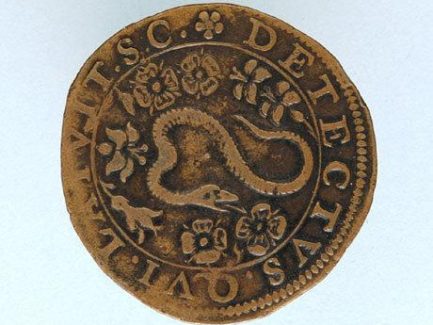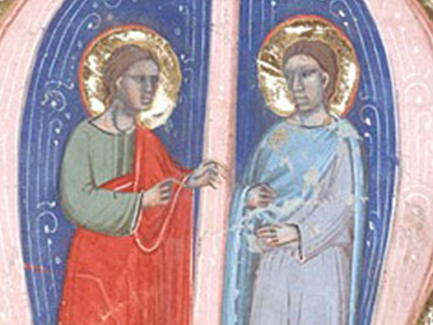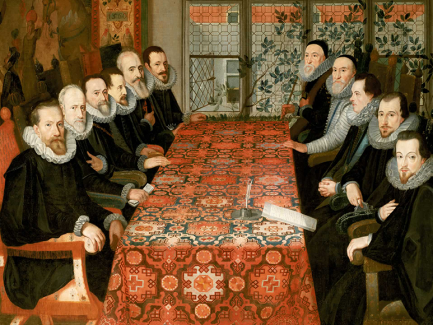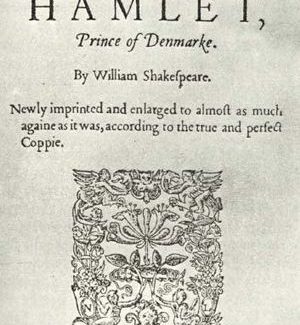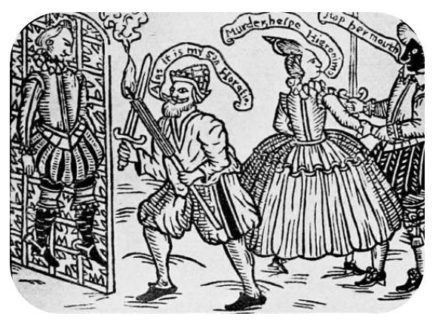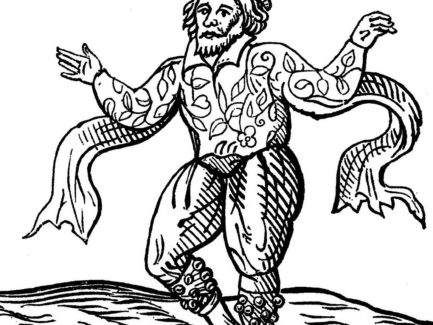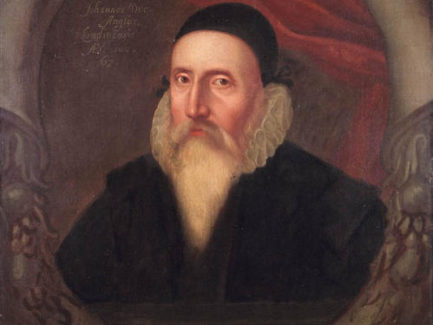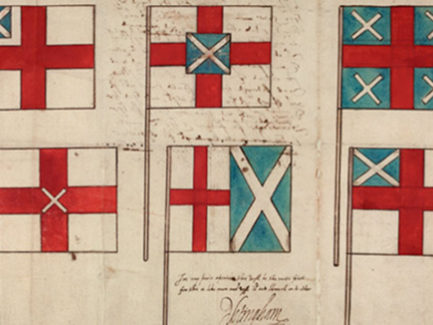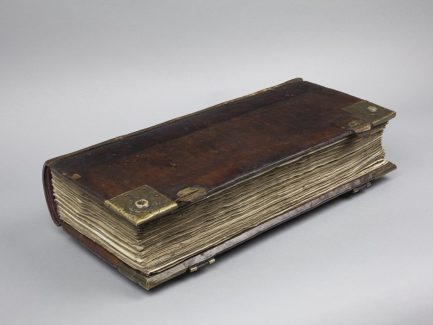Why did Susannah file a lawsuit for slander in 1613?
Susanna and her husband, Dr John Hall, filed a lawsuit for slander against John Lane at the Consistory Court at Worcester on this day in 1613. The twenty-three-year-old Lane had accused Susanna, who was thirty-one years old at the time, of committing adultery with a haberdasher named Rafe Smith. He also claimed that she had caught a sexually-transmitted disease. Rafe Smith, a married man and a member of the Stratford town militia, was about six years older than Susanna at the time. Lane’s accusations against Susanna were made within a broader religious and political context. Susanna and Dr Hall supported the local Puritan vicar, Thomas Wilson, against anti-Puritan attacks. Lane, however, was involved in some of the anti-Puritan riots that erupted in the town. When the case came to court, John Lane failed to appear. He was subsequently found guilty of making a false statement and damaging Susanna’s reputation. Her name was cleared and Lane was excommunicated.
Slander features often in Shakespeare’s plays. In Richard II, the king describes having been ‘Pierced to the soul with slander’s venomed spear’, and in Cymbeline, Pisanio says slander is ‘sharper than the sword, whose tongue/ Out venoms all the worms of Nile’. In Othello, Iago describes the injury done to a person when their good name is ‘filched’ or slandered:
Good name in man and woman, dear my lord,
Is the immediate jewel of their souls.
Who steals my purse steals trash. ‘Tis something, nothing;
‘Twas mine, ’tis his, and has been slave to thousands.
But he that filches from me my good name
Robs me of that which not enriches him
And makes me poor indeed.
(Act 3 Scene 3)
In Othello, Iago slanders Desdemona and incites Othello to believe she has been unfaithful to him. Through disingenuous insinuations he feeds Othello’s jealousy until he is worked up into a murderous rage:
OTHELLO
What dost thou mean?
IAGO
Good name in man and woman, dear my lord,
Is the immediate jewel of their souls.
Who steals my purse steals trash. ‘Tis something, nothing;
‘Twas mine, ’tis his, and has been slave to thousands.
But he that filches from me my good name
Robs me of that which not enriches him
And makes me poor indeed.
OTHELLO
By heaven, I’ll know thy thoughts.
IAGO
You cannot, if my heart were in your hand,
Nor shall not, whilst ’tis in my custody.
OTHELLO
Ha!
IAGO
O, beware, my lord, of jealousy!
It is the green-eyed monster which doth mock
The meat it feeds on. That cuckold lives in bliss
Who, certain of his fate, loves not his wronger;
But, O, what damned minutes tells he o’er
Who dotes, yet doubts, suspects, yet strongly loves!
OTHELLO
O misery!
(Act 3 Scene 3)
© 2019 Shakespeare’s World
To read more about this topic and other events on this day in Shakespeare’s lifetime, you can see our recommendations for further reading and visit our website to buy Shakespeare’s World App or to follow us on social media.











